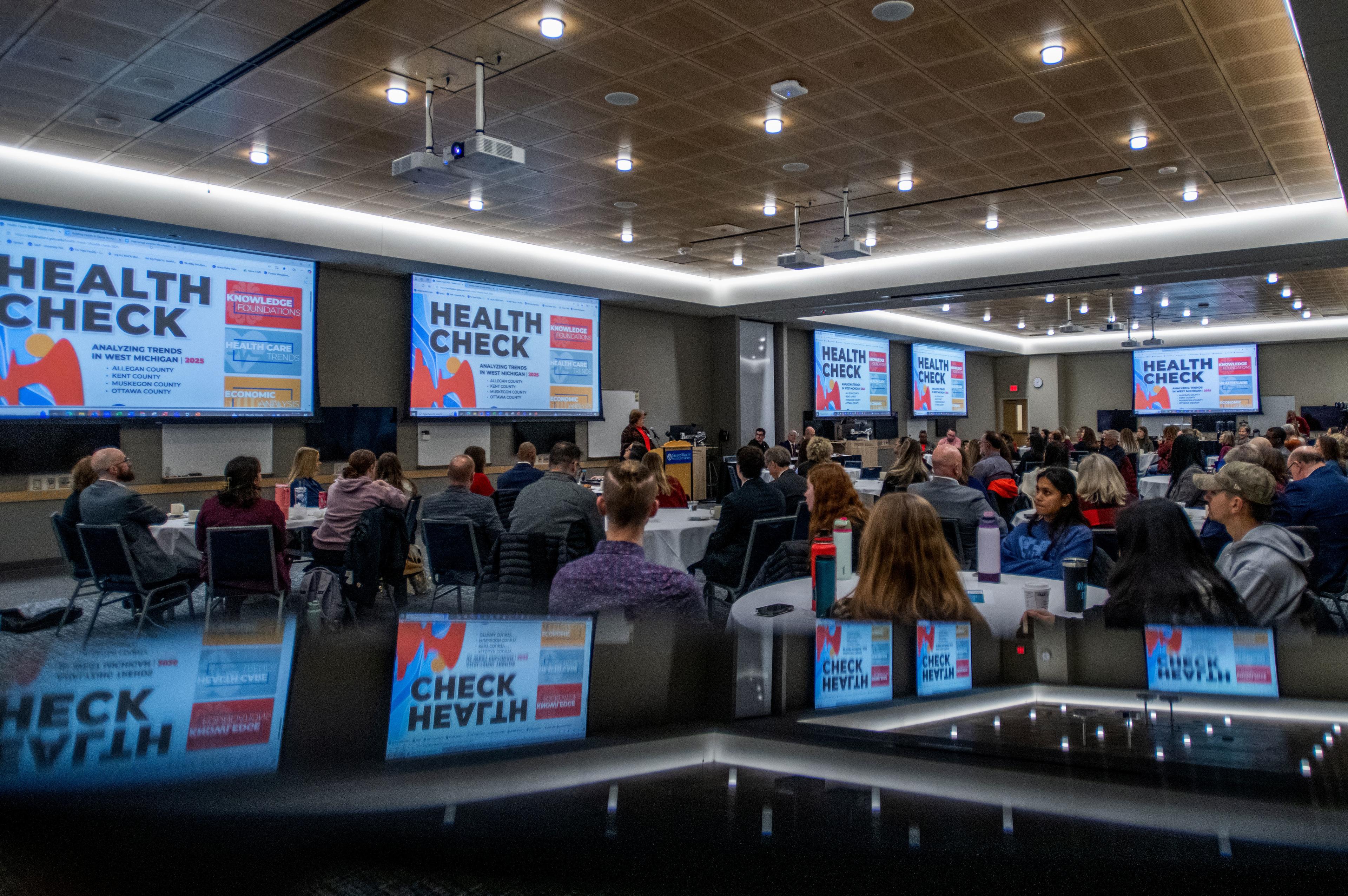Our Focus on Combating Obesity for Healthy Weight Week and Beyond
Andrew Hetzel
| 3 min read
It’s national Healthy Weight Week, and to mark the occasion, I’d like you to consider withdrawing $900 from your bank account – and burning it. Before you dismiss this ridiculous suggestion, consider the point I want to make. Obesity and related health conditions cost the U.S. economy about $270 billion (not million, BILLION) a year, according to a recent report. That’s roughly $900 for every single American citizen, every single year. That’s quite a bill to pay. It’s also a huge problem for health insurance – which is growing more costly as health care expenditures increase. Consider that average health care expenditures in the U.S. have grown to more than $8,000 a year for every citizen. Trimming our collective waistline means trimming our health care and insurance bills. The solution lies within each of us. We can take actions as individuals to be aware of our own healthy weight (it’s different for all of us), our intake of foods that negatively contribute to our health and the amount of exercise we get to burn calories and replace fat with muscle. This is why occasions like Healthy Weight Week become so important – and why Blue Cross Blue Shield of Michigan puts such a focus on them. Obesity is the nation’s ticking health time bomb. More than two-thirds of American adults classified as either overweight or obese, and the numbers are moving in the wrong direction. I’ve been talking about thiswith others all week on Twitter, and what I’ve found isn’t encouraging:
- It’s estimated that one-third of all children born in 2000 will develop obesity-related diabetes.
- The Centers for Disease Control and Prevention found that in 2009, only Colorado and the District of Columbia had obesity rates below 20 percent. Meanwhile, the number of states with rates of at least 30 percent rose to nine, from none in 2000.
- Michigan, with nearly 3 million obese residents, is knocking on the door of this club at 29.6 percent obesity prevalence. Our state’s share of health costs related to obesity is a staggering $4.2 billion.
- Detroit is routinely cited as one of the least-fit cities in the United States.
Fortunately, there are efforts under way to attack the problem. At Blue Cross Blue Shield of Michigan, we’re continuing our commitment to combat obesity. As part of our unique nonprofit mission, we believe strongly that it’s only by building healthier communities that we can get a handle on the high costs of health care. Here are a few of the ways we’re working to reverse the trend:
- Since 2009, more than 14,000 kids in Michigan have benefited from our Building Healthy Communities grant program.
- We proudly sponsor “Win By Losing” – a corporate weight-loss initiative that saw 1,000 people lose a collective 3 tons in Michigan during the last six-month challenge.
- We fund Project Fit, a partnership with Michigan State University and others to combat obesity among school kids in Grand Rapids.
- We offer health plans that reward members for getting fit or staying healthy.
- Our public blog, A Healthier Michigan, features regular posts from health experts and plenty of ways to discuss or share content.
I’ve also been encouraging others on Twitter to take the stairs and make other simple changes to encourage healthy habits. But what about you? Share your thoughts below and tell us what you’re doing to fight the obesity epidemic. Andy Hetzel is the Vice President of Corporate Communications at Blue Cross Blue Shield of Michigan





